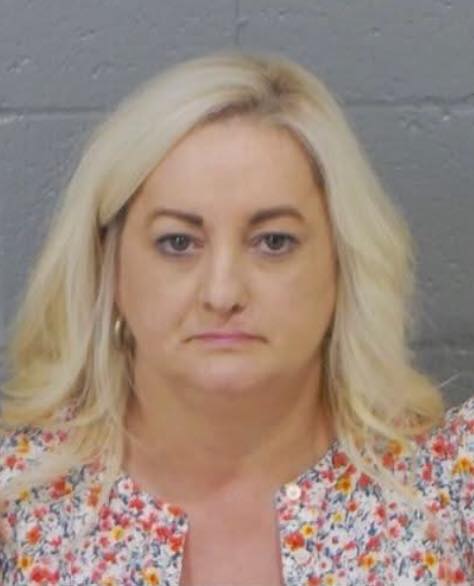DG MARTIN COLUMN: UNC’s history: a minority view
Published 2:39 pm Wednesday, November 17, 2021
|
Getting your Trinity Audio player ready...
|
Last month U.S. District Judge Loretta Biggs ruled that UNC-Chapel Hill does not discriminate against white and Asian-American applicants when it factors race in its undergraduate admissions process.

D.G. Martin
She explained, “While no student can or should be admitted to this University, or any other, based solely on race, because race is so interwoven in every aspect of the lived experience of minority students, to ignore it, reduce its importance and measure it only by statistical models …, misses important context to include obscuring racial barriers and obstacles that have been faced, overcome and are yet to be overcome.”
The possibility that Blacks may be getting preferential treatment in admissions today would seem amazingly strange to law students Harvey E. Beech, James L. Lassiter, J. Kenneth Lee, Floyd B. McKissick, and James R. Walker when in 1951 they enrolled in the law school and became the first Blacks admitted to UNC.
Their struggle for admission is chronicled in a new book, “To Drink from the Well: The Struggle for Racial Equality at the Nation’s Oldest Public University,” by Geeta N. Kapur.
The book examines examples of racism at UNC through the years beginning with the laying of the cornerstone of Old East, the campus’s oldest building. In 1793, when the university’s founder, Richardson Davie, led a solemn Masonic service, no Blacks were in close attendance even though enslaved labor had produced the bricks for the new building.
The law students admitted in 1951 were not the first Blacks to seek admittance to UNC. On March 13, 1933, Thomas Hocutt attempted to apply to UNC’s pharmacy school. The immediate response from the admissions dean: “Negroes are not admitted to this university.”
Hocutt was represented by Conrad Pearson, a young Durham lawyer. Pearson thought that response made clear that race was the reason his admission was denied, a fact that, if not admitted, would have to be proved in court.
The situation split the Black community in Durham.
Leaders such as C. C. Spaulding, head of the highly successful Black insurance company, North Carolina Mutual, and Dr. James Shepard, president of North Carolina College for Negroes, worried that the efforts to enroll Blacks at UNC would disrupt the good working relationships they had with the white community. They told Pearson that the admission effort must be dropped. Spaulding told “terrifying stories about the Wilmington Race Riot,” implying that Hocutt’s efforts to enroll could spark something similar.
Ultimately, Hocutt’s lawsuit against UNC was dismissed, in part because he could not provide a transcript of his attendance at North Carolina College. Dr. Shepard had refused to release it.
Although Hocutt failed, his and Pearson’s efforts helped chart a successful path for the Black law school applicants almost 20 years later.
Kapur sets out these efforts in illuminating detail.
She also charts Durham native Pauli Murray’s unsuccessful attempt in 1938 to gain admission to UNC’s School of Social Work. Murray, who grew up in Durham, later gained national fame as a civil rights lawyer and Episcopal priest. She wrote long letters of protest about the admission denial to UNC President Frank Porter Graham and President Franklin D. Roosevelt and gained widespread attention to her case. But, as Thurgood Marshall explained to her, the NAACP would not take her case because she was no longer a North Carolina resident, having been in New York City since 1926.
Books about the University of North Carolina are plentiful, but a history of the institution written by a minority is a rarity. Kapur grew up in Kenya and has family connections to Indians, Blacks, and whites. She graduated from UNC and its law school. As a student she identified as a Black. While she is proud and grateful for her university experience, she remembers that every day she felt the weight of racism that still infects the institution.
Her unique perspective makes her book compelling reading and a valuable resource for anyone seeking to better understand UNC’s history and current challenges.
D.G. Martin hosts “North Carolina Bookwatch” Sunday at 3:30 p.m. and Tuesday at 5 p.m. on PBS North Carolina (formerly UNC-TV). The program also airs on the North Carolina Channel Tuesday at 8 p.m. and other times.






